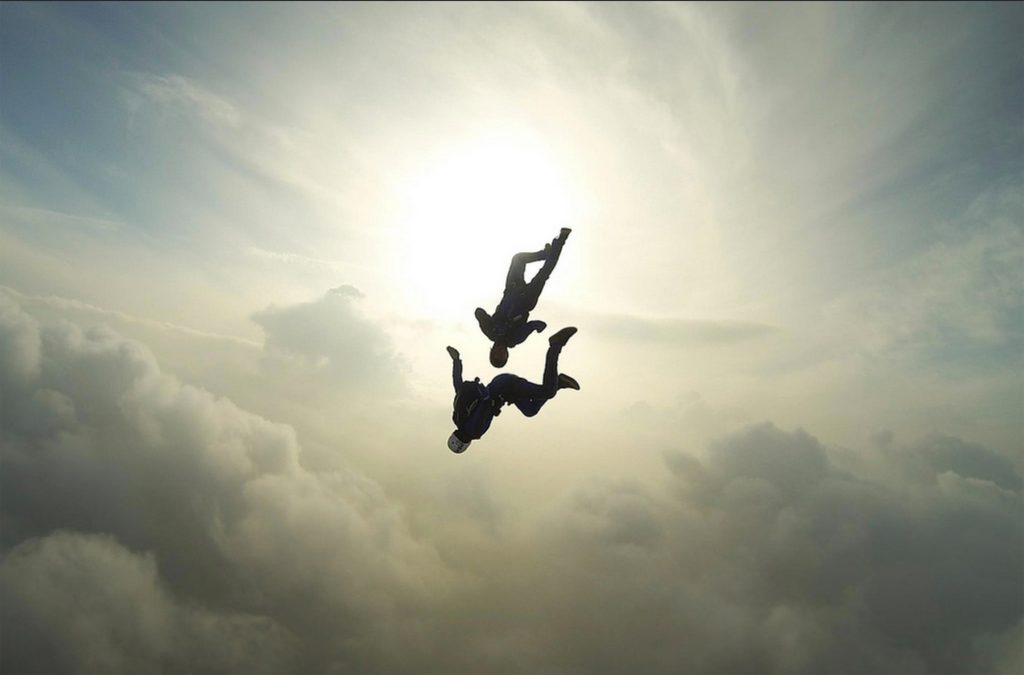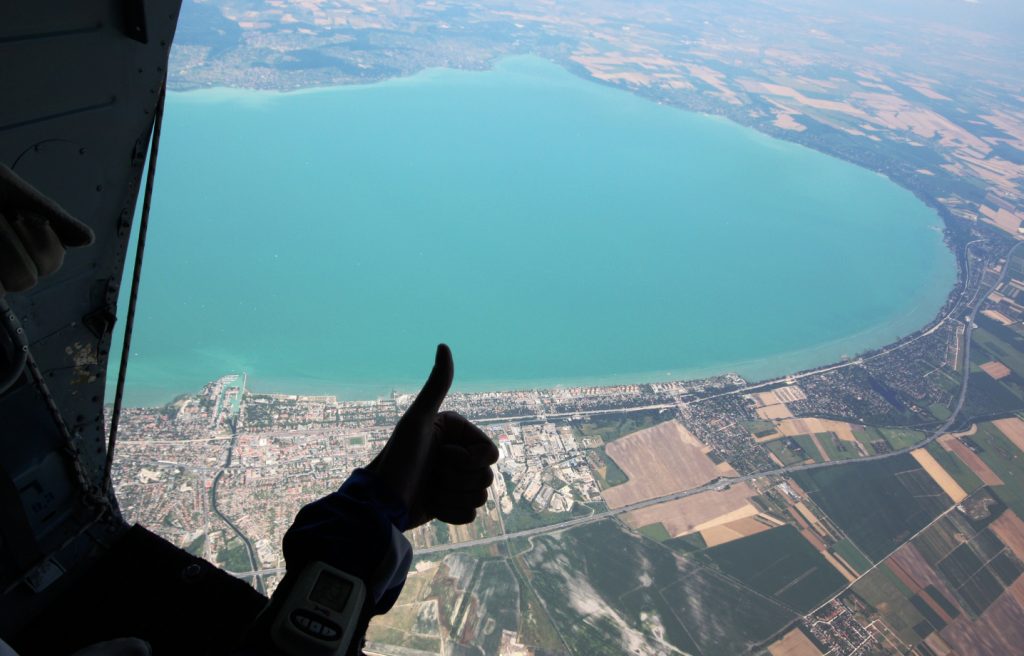There are lots of things you can learn about on the Dropzone that will aid you understanding of how all the elements involved in a skydiving operation fit together to make things work. Even just focusing on the assessment of the jumping conditions demonstrates several moving parts that all need to operate effectively to function as a whole. Remember, there are things that you must know, but also things that you can know that will make you better and safer. A helpful way to evolve your knowledge is try to see things from the perspective of others.

What Other People Know:
Chief Instructor: Whoever is employed to be in charge of the daily dropzone proceedings will not only be generally very well experienced but likely also highly practised under the conditions of that particular location. You can learn much from this person. When things are busy they will likely juggling many things in their head to keep everything running smoothly, but when quietness descends seek them out and pick their brains as they probably have many, many excellent stories to share – each with an important lesson behind it.
The Pilot: To become a pilot you have to read books and do tests and stuff. A lot of this is about the weather. While you are trying to gauge the strength of the wind outside by listening intently from under a duvet – a good pilot will be up checking many sources of information to be able to perform their job properly. The information analysed by pilots is a very good place to head if you are keen to take your knowledge about flying conditions to the next level.
The Jump Master: The person who is in charge of the load needs to be very aware of what is going on both on the ground and in the air. Being tasked as jumpmaster is a serious job that happens relatively early in your skydiving career, and while easy to perform with the correct level of awareness carries serious responsibility when there is some kind of incident. Are you confident enough in your decision to take the plane around or bring it back down after spotting a big mess at altitude – and have the courage of your convictions when faced with an angry dropzone owner? Being all over the details will make you look like a goddam pro when anyone starts quizzing you. What were the winds doing at the bottom and the top? Which way was it going? What kind of clouds were they and at what altitude?
The Other Skydivers: Does everyone on the plane know what they need to know? Are the people you are jumping with or those in the group next to you clueless idiots? Should you worry about them? Who is going to tell them the correct information? You do it – for your own benefit as much as theirs. Also worth considering is the perspective of the tandem masters and the camera pool – they keep the dropzone going and thus operate day-in and day-out under all conditions and circumstances. If the plane goes up then almost certainly some of them are on it and their collective knowledge is well worth mining for information about functioning at the fringes of what is possible or acceptable on your particular dropzone.

Conclusion:
Applying some time and effort to learn more about weather conditions will create a return on investment – with your ability to judge further out if jumps are going to happen or not. Skydiving is an expensive hobby and happens quickly, so everything you can do to maximise your effectiveness on each jump helps, and understanding more about the weather will make you a better, safer skydiver. Learning about all of the conditions you will be faced with will not only facilitate making good calls when you are jumping, it will also help you to get more out of your jumps when they happen. Nobody is right all the time but the more educated you are the better your guesses will be – and as such your ability to decide whether to drag your ass out of bed before dawn and get down to the dropzone or do something else with your day. Also, try remember that there is nothing to be gained from being angry at the sky – it does not give a shit. Also, it is probably healthy to do something else now and then – if your life is a constant battle with the weather you might well end up batshit crazy and living in a caravan on the airfield with mushrooms growing in your hair.
On a dropzone you are surrounded with ways to learn, and the first time you apply some extra-curricular knowledge in a practical way is immensely satisfying. Every now and then you come across someone who seems to have magical powers when it comes to predicting what the sky is going to do – but they are most likely just a regular human that knows things.
